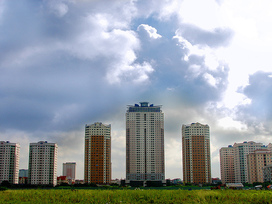
Vietnam, the would-be next economic tiger of Asean, seems to be witnessing a stabilisation of residential real estate prices thanks to improving macroeconomic conditions, says the global property services firm CB Richard Ellis.
As conditions improve, inquiries for residential purchases are rising, but so far there has not been a wide-scale increase in transaction volumes.
Vietnam’s slow recovery has continued in the second quarter of 2012, with the battle against inflation finally having been won. The year-on-year increase in the consumer price index in June was 6.3%, high by some standards but welcome in a country where inflation was hovering around 20% just three years ago.
As conditions improve, inquiries for residential purchases are rising, but so far there has not been a wide-scale increase in transaction volumes.
Vietnam’s slow recovery has continued in the second quarter of 2012, with the battle against inflation finally having been won. The year-on-year increase in the consumer price index in June was 6.3%, high by some standards but welcome in a country where inflation was hovering around 20% just three years ago.
Coupled with this, the country saw currency stabilisation, 24% year-on-year growth in exports through May, narrowing the trade deficit to $700 million, down 59% from a year earlier.
CBRE also notes firm evidence of prices stabilising or even declining, with three petroleum price cuts in May and June further easing inflationary pressure. The central bank has responded by reducing its benchmark interest rate three times so far this year.
“It’s a relief to see that inflation is finally below the 10% benchmark, above which is considered entirely unsustainable, and that the state bank has managed to soften monetary policy,” said Adam Bury, senior manager of research and consulting with CBRE Vietnam.
Vietnam’s economy overall has been growing slowly, with 4.3% year-on-year expansion estimated for the second quarter and 5.5% forecast for the full year.
Despite the improving fundamentals, residential real estate transaction volumes have yet to rise. However, CBRE says historical data point to a six-month lag between inflation and interest rates dipping below 10%, and residential sales increasing.
“Historic performance is clearly no indicator of future performance, but if the market was to perform as it did in 2009 then we can expect at least a two-quarter lag between inflation and interest rates dipping, and residential sales volume increasing,” Mr Bury said.
Inflation in the most recent cycle did not peak at the same levels as in 2008, and while GDP growth is slowing, it is above that of 2009, prompting further cause for cautious optimism.
Prices in the primary market remain relatively flat while the secondary market has continued to soften very slightly across most sectors.
The high-end, mid-range and affordable sectors have seen quarter-on-quarter price drops of around 1%, while the luxury sector saw no notable movement.
The majority of developers appear to believe that buyers will soon come back to the market and further price reductions will not be necessary, said Marc Townsend, managing director of CBRE Vietnam.
“While we are not out of the woods yet, we believe we’re now heading in the right direction. Macroeconomic fundamentals are moving in the direction that the market wants, while unit pricing appears to be stabilising,’’ he said.
CBRE reports good turnouts for sales events staged by its clients in the second quarter.
“It seems that buyers have finally stopped hiding and are now scouring the opportunities that present themselves,” said Mr Townsend. “We expect this increase in inquiries to translate to an uptick in sales around the turn of the year.
Source: http://www.bangkokpost.com
CBRE also notes firm evidence of prices stabilising or even declining, with three petroleum price cuts in May and June further easing inflationary pressure. The central bank has responded by reducing its benchmark interest rate three times so far this year.
“It’s a relief to see that inflation is finally below the 10% benchmark, above which is considered entirely unsustainable, and that the state bank has managed to soften monetary policy,” said Adam Bury, senior manager of research and consulting with CBRE Vietnam.
Vietnam’s economy overall has been growing slowly, with 4.3% year-on-year expansion estimated for the second quarter and 5.5% forecast for the full year.
Despite the improving fundamentals, residential real estate transaction volumes have yet to rise. However, CBRE says historical data point to a six-month lag between inflation and interest rates dipping below 10%, and residential sales increasing.
“Historic performance is clearly no indicator of future performance, but if the market was to perform as it did in 2009 then we can expect at least a two-quarter lag between inflation and interest rates dipping, and residential sales volume increasing,” Mr Bury said.
Inflation in the most recent cycle did not peak at the same levels as in 2008, and while GDP growth is slowing, it is above that of 2009, prompting further cause for cautious optimism.
Prices in the primary market remain relatively flat while the secondary market has continued to soften very slightly across most sectors.
The high-end, mid-range and affordable sectors have seen quarter-on-quarter price drops of around 1%, while the luxury sector saw no notable movement.
The majority of developers appear to believe that buyers will soon come back to the market and further price reductions will not be necessary, said Marc Townsend, managing director of CBRE Vietnam.
“While we are not out of the woods yet, we believe we’re now heading in the right direction. Macroeconomic fundamentals are moving in the direction that the market wants, while unit pricing appears to be stabilising,’’ he said.
CBRE reports good turnouts for sales events staged by its clients in the second quarter.
“It seems that buyers have finally stopped hiding and are now scouring the opportunities that present themselves,” said Mr Townsend. “We expect this increase in inquiries to translate to an uptick in sales around the turn of the year.
Source: http://www.bangkokpost.com




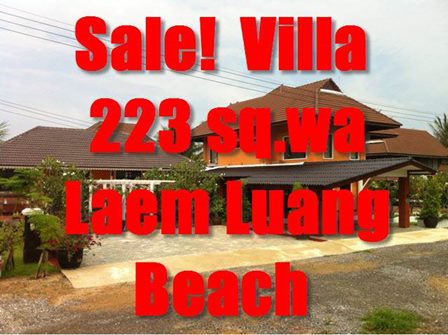



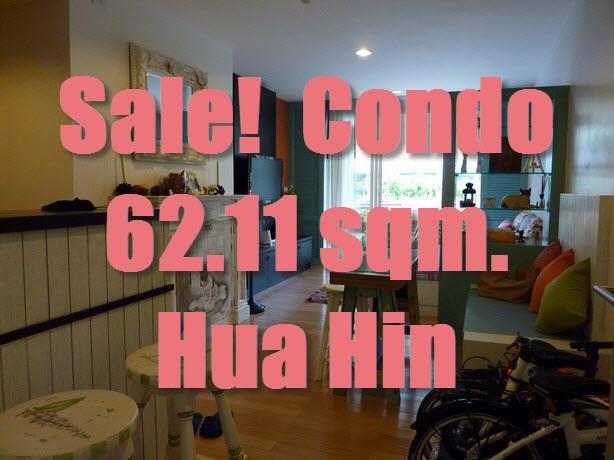
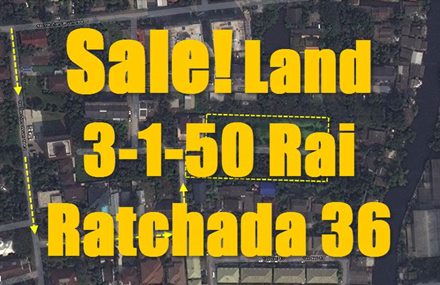

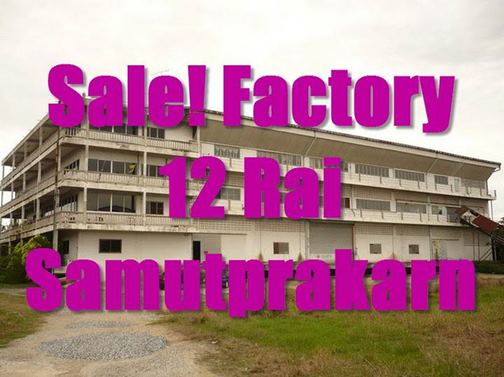
 RSS Feed
RSS Feed
